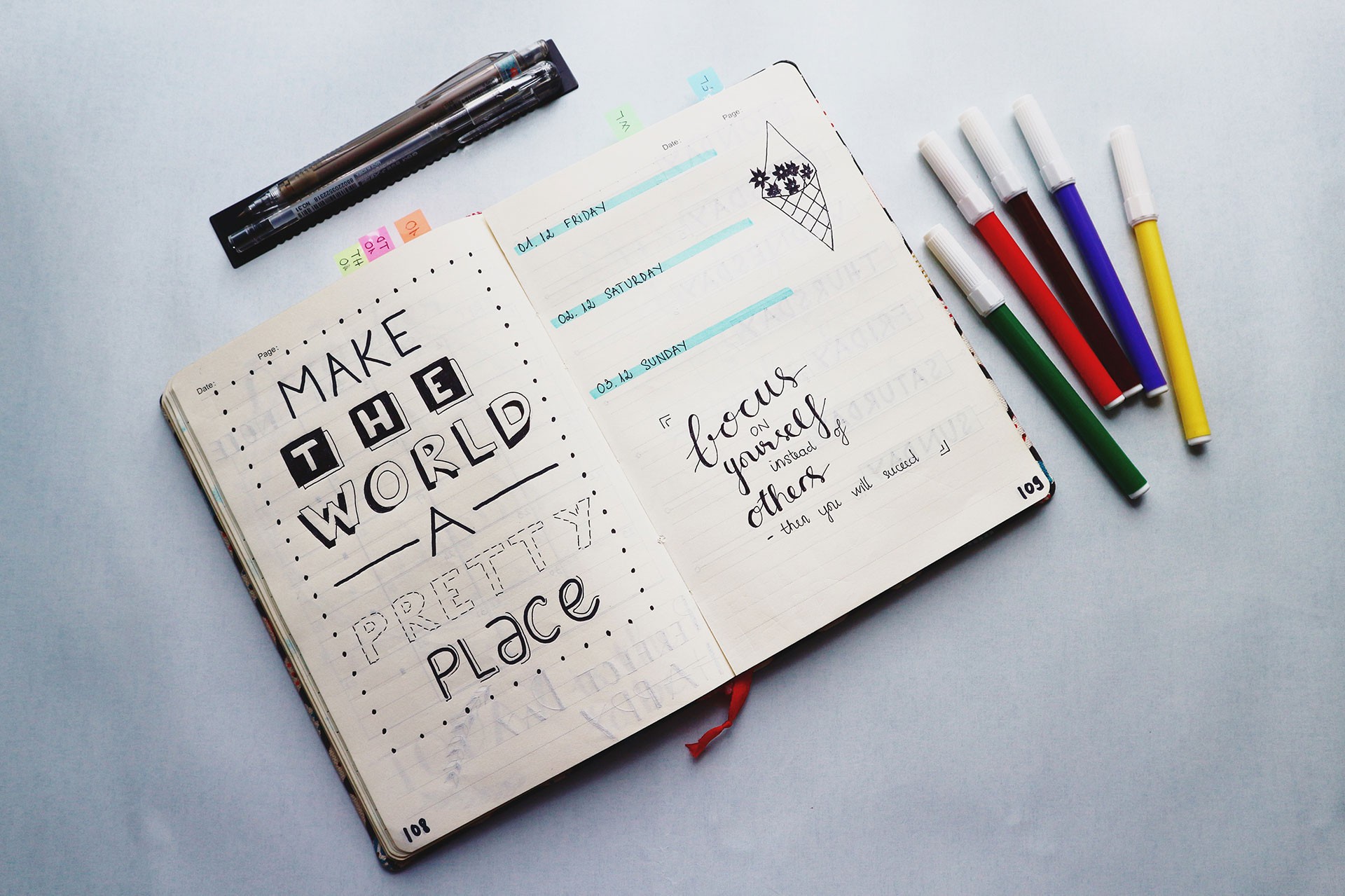
22
DecParenting differences when raising a child
Parenting differences are a commonly experienced problem. However, these may lead to relationship and communication difficulties; living with resentment; even get divorced.
Ideally, parenting styles should be discussed before having children. If you didn’t, don’t worry – it’s never too late to start.
How to deal with parenting differences? Some tips
Open and sincere dialogue
Share your parenting philosophies with each other. Talk about how your parents parented you. Do you agree? Do you disagree? Will you repeat the same schemes and models? Will you do differently? Design your own personalised family plan, including what you think may be healthy and balanced for your children and for your family.
Design rules together
You should agree on specific and tailored family rules and always follow them. It may be unhealthy and unbalanced for your children to see that their parents apply different rules. A family philosophy should always be cohesive.
If you like writing, then you can write down these rules onto a notepad. These may include various statements related to time when children go to bed; time allowed to homework and playing, etc.
Your children need to understand that there are set up boundaries that they need to follow. The concept of boundary is crucial when constructing one’s identity. A life without boundaries will be chaotic and unhealthy.
Discuss rules together
Show the rules to your children and ask them their opinion. Don’t impose. Share instead. Sharing will teach your children what responsibility is and will let them act as proactive individuals, rather than being passive and submissive. This also helps them develop their emotional intelligence. Please note that the more the emotional intelligence is developed during childhood, the easier and effective the decision making process will be in adulthood. Childhood always prepares and impacts on adulthood.
Explain consequences when breaking a rule
You will need to determine what the consequences when breaking a rule should be. If your parenting styles are different, this may potentially create a conflict. Some parents are easy when it comes to discipline whilst other can be very strict and hand out specific punishments if rules are not followed. In this case, you should make some compromise and reach an agreement that you will apply every time you children break a rule.
Then, you should openly discuss with your children and explain why they are punished, what they have done and why they deserve a punishment. Never punish a child without giving a reason as they will not learn anything out of it. Moreover, they might think that you do this on purpose and you ‘just punish’. There is a higher risk to potentially develop some psychological problems in the future or repeat the same model.
Back each other
After the rules are in place, it is crucial that you stick to them. A set up rule is a set up rule even if sometimes children can try to manipulate you, to make the rule softer.
Never disagree in front of your children
If you are not consistent in front of your children, they will quickly take note that there is disharmony in your parenting styles and may use this to their advantage. Please note that children are excellent manipulators and analyse quickly the parental communication.
If you like this article, you might be interested in "Child-parents communication and its impact on children in aduldhood". Please access it here.
To learn more about parenting styles and parenthood, check out my website www.angelpsychology.com. If you need a specific advice, please get in touch on : info@angelpsychology.com
Please note that Cognitive Behaviour Therapy (CBT) and Psychodynamic Therapy will help you acquire the knowledge and reflection you need. Learn more about Psychodynamic Therapy here and about CBT here. Don't forget that you can work with me at home. Learn more about online psychotherapy here.
With warm wishes,
Dr Ivanka Ezhova
Founder of Angel Psychological Therapy – Online Psychological Therapy
- 22nd Dec, 2019
- Parenting











